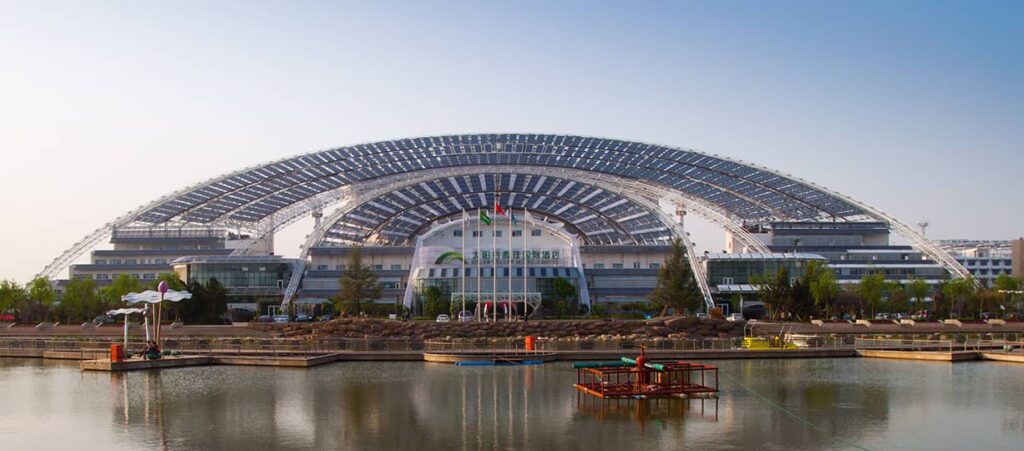The global growth of energy demand is generating pressure on establishing frameworks aimed at reducing the carbon footprint of our society in order to mitigate climate change. And this means that the industry should evolve constantly so the solar energy industry could be more efficient and attractive for consumers around the world.

One of the main targets of the industry is to reach the European market, since the European Union has established policies in order to reduce the greenhouse effect by 80% by 2050. These types of policies require governments to promote investments so the consumers from the B2B and the B2C sector.
Solar Industry is Evolving
Researchers are trying to maximize solar panel efficiency and they have found that layering advanced materials is better than the traditional silicon, and is a promising path to generate more energy out of sunlight. Researchers have shown that multilayered solar panels have the potential to be 1.5 times more efficient than traditional silicon panels.
As you may know, silicon solar panels are popular due to their good price, they are super affordable and can convert a little over 20% of the sun’s light into usable electricity. However silicon solar panels are reaching the limit and so, finding a way to increase efficiency is super attractive to energy providers and consumers since they will be able to generate much more energy. Researchers have been working on gallium arsenide phosphide as well as silicon because these two materials complement each other somehow. Both materials absorb sunlight strongly, but gallium does it better since it generates less amount of waste heat. But, gallium arsenide phosphide is a really expensive material, so building solar panels with this material is not reasonable for mass production at this time. And so, there are some obstacles remaining on the path to commercialization due to the price. Although, at some point, the energy providers and consumers will see the value in using stable materials to achieve a performance boost.
Source: Aptos Solar Technology and Science Daily
